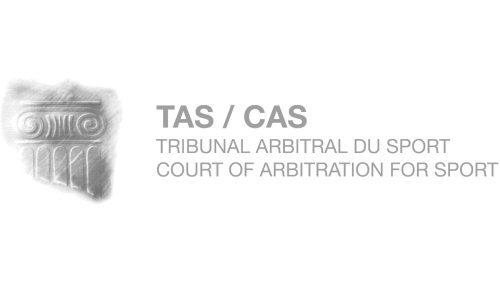The Fédération Equestre Internationale executed a major position flip-flop on Nov. 19 when delegates at the General Assembly voted for a “progressive list” of allowed substances at threshold levels.
Previously, the FEI had maintained a firm policy of no tolerance whatsoever of any doping agents.
Doping has caused major scandals in equestrian sport over the years—show jumping medals had to be rearranged at the previous two Olympic Games due to doping, Germany disbanded its Olympic teams this summer to better examine a doping crisis that seemed widespread throughout the country, and riders of international renown such as Isabell Werth, Michael Whitaker and FEI President Princess Haya’s husband, Sheikh Mohammed, have all had horses test positive for drugs in 2009.
So when Lord Stevens and Arne Ljungqvist, leaders of two different FEI commissions charged with investigating doping, got up to speak at the FEI General Assembly, their focus was on new clean sport initiatives.
Therefore, it was quite the shocker when FEI veterinary director Graham Cooke asked delegates to vote on the controlled use of phenylbutazone, as well as salicylic acid (similar to aspirin), flunixin (Banamine), acetycysteine, dichloroacetate (lactanase) and isoxuprine.
ADVERTISEMENT
The measure passed 53-48 in a secret vote. The largest equestrian nations, Germany, Sweden, Great Britain, Ireland, Australia, New Zealand and the United States all spoke out passionately against the measure. However, the U.S. Equestrian Federation’s own drug rules do allow for a large number of substances in limited amounts.
Although the clean sport initiatives proposed by the Stevens Commission and the Ljungqvist Commissions passed overwhelmingly—these include an independent integrity unit, tighter stable security and access, “professionalization” of officials and veterinarians to reduce vested interests and education programs, consistent doping rules in all national federations, and harmonizing testing laboratories around the world—the new rules seemed insignificant after the major policy change.
For more in depth coverage of the controversy, read this article recapping the discussion at the General Assembly.
For discussion of the new drug rules, check out the Chronicle Forums here and here.














